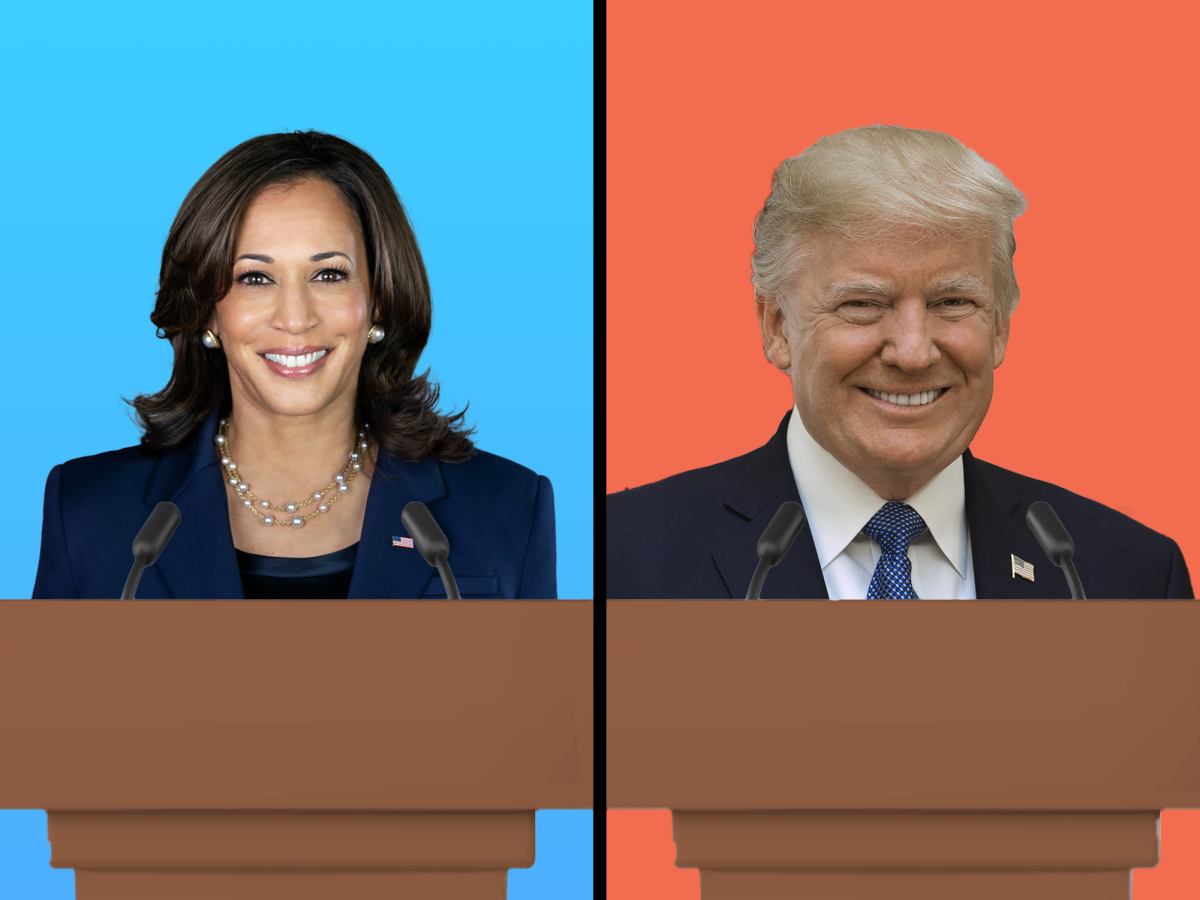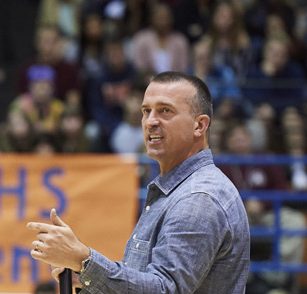Unless more unforeseen circumstances occur, the 2024 presidential election will be between Donald Trump (ʀ) and Kamala Harris (ᴅ). Athough both have the support of their base, they need to attract undecided voters. Trump and Harris seem to have one major problem preventing undecided voters from making an informed decision.
For Trump, this is his habit of lying and retracting his statements. The most concrete example of this is his denial of the results of the 2020 election. He repeatedly claims he won, despite no evidence of election interference. He even has retracted statements saying otherwise. In the ABC debate, Trump was asked about posts saying he lost the election by a hair. Trump retracted these claims, saying he was being sarcastic.
Besides claims of election fraud, Trump has made claims in debates and speeches that are incorrect, making it more difficult for voters to trust him. Although CNN did not fact check live, they noted over 30 false claims made by the former president; when ABC did fact check live, they had to correct Trump numerous times. After the ABC debate, CNN fact-checkers found 33 false claims made by Trump.
The more blatant false facts told by Trump make it harder to trust the candidate. Claims of Haitian migrants eating pets make it much harder to trust his other claims on border security. Claims of the execution of infants after birth make it much harder for voters to trust his abortion policies. Because of these statements, many voters outside of his base may find it hard to trust his other claims.
For Harris, her problem stems from policy. Because of lack of effective communication, many undecided voters do not know her stances on many issues such as tax, abortion, and border security.
Before September 9th, just one day before the debate, Harris did not have a policy page on her website. That’s a whole 49 days after Biden formally dropped out on the 21st of July. This has led to questions about how her policies differ from that of the current president’s.
The Harris campaign is having problems communicating their policies, even after she added her page on her website about policy, labeled ‘Issues’. Harris’s Issues page has a confusing layout of dropdown menus and subheadings, making it hard to see every policy laid out. This is in stark contrast to Trump’s simpler approach, using just twenty bullet points, with concise, one sentence ideas.
During the debate, she showcased some of her agenda, like her $6,000 tax cut to families and her $50,000 tax cut for new businesses, but many of her views are still unknown to the average voter.
Since the debate, she has done some interviews, but those are few and far between. Many Americans still do not know her policies on important issues such as border security, the Israel-Palestine war, and taxes.
The candidates for becoming the 47th President of the United States both have one major issue they need to address in order to win over undecided voters. Donald Trump needs to stop making unproven and dispoven claims that make it harder for those outside of his core base to trust him. Kamala Harris needs to focus on getting those undecided voters to know more about her policies. With Trump only leading by three fifths of a point (as of October 4th) in Polymarket, the most popular election prediction site, it is likely that the candidate who addresses their largest issue first will become the 47th president.








